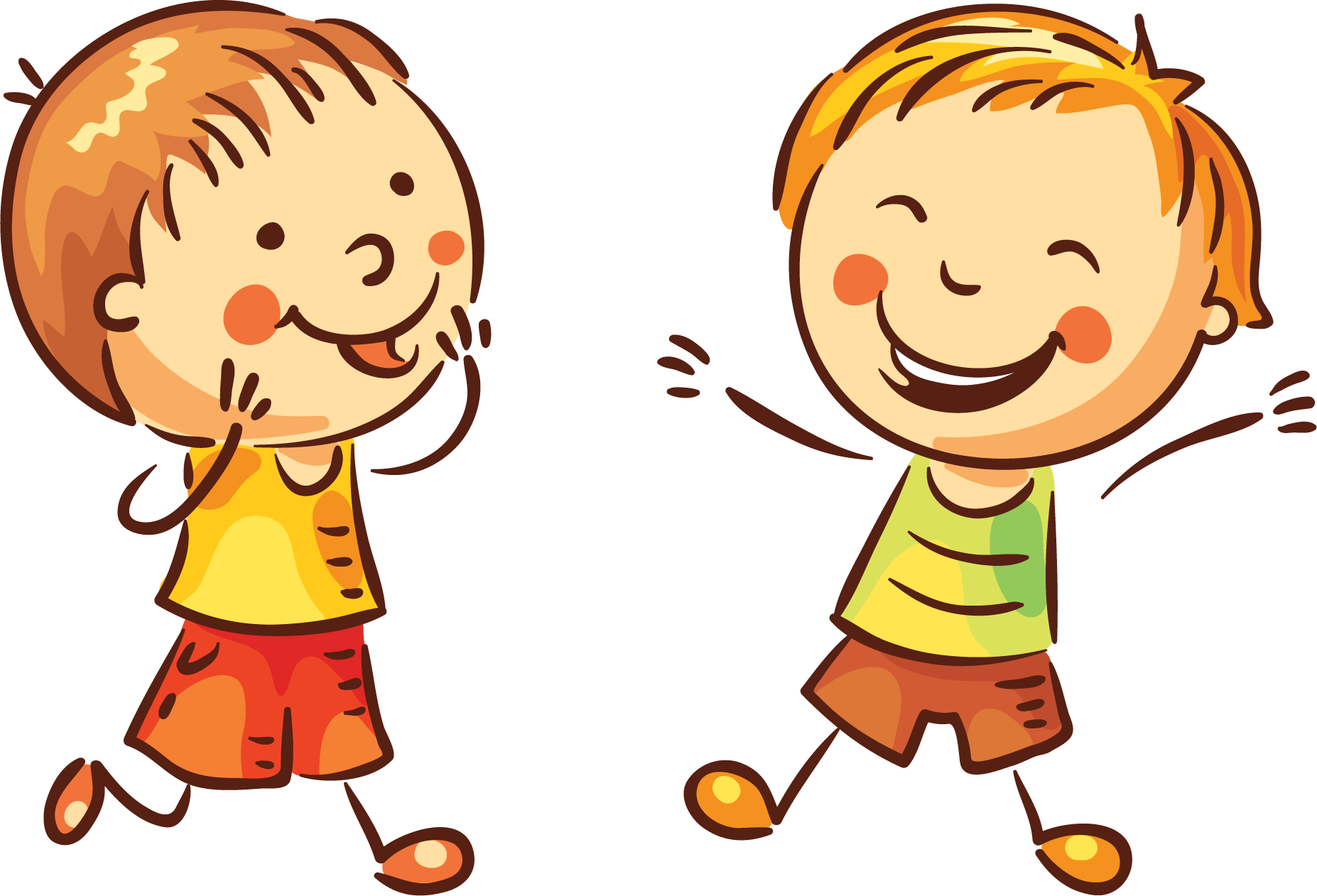Guidelines For Parents

Essential Speech & Language Skills for 3-5 Year Olds
Use this guide to identify warning signals for possible speech-language problems. Do not hesitate to ask for a speech-language pathologist’s opinion if you have any questions or concerns about your child’s speech-language development.
Early detection is vital!
1. Articulation
Is the child easily understood by adult friends outside the family? Does your 3 yr. old child have difficulty pronouncing “f, t, d, k, m, n, p, h” in words? Does your 4-5 yr. old child say almost all English speech sounds accurately?
2. Expressive Communication
Overall Expressive Skills: Does your 3-4 yr. old ask many questions, such as “what”, “where”, and “why”? Does your 4-5 yr. old tell stories and share ideas about things that happened recently?
Sentence Length: Does your 3-4 yr. old use a lot of sentences that have four or more words?
Spoken Grammar: Are your 4-5 yr. old’s spoken sentences complete and is the grammar mostly correct?
Vocabulary and Naming Skills: Is your child’s vocabulary as large as that of other children the same age? Can your 4-5 yr. old child quickly name what he/she sees, or does your child pause, perhaps saying “uh, um” before answering? Does your child seem to “beat around the bush”, perhaps using gestures to convey his/her meaning?
Verbal Fluency (4-5 yrs): Does your child frequently use imprecise or vague words when speaking (e.g., “thing”)? Can your child describe events or ideas well enough for a listener outside the family to easily understand, or do people have to frequently ask for clarification? Is the information presented in an orderly manner?
3. Language Comprehension
Can your 3-4 yr. old child answer questions about a picture story such as “Where did the bunny go?” Does your 4-5 yr. old understand concepts such as “top”, “bottom”, “beside”, and “behind”? Is your 4-5 yr. old child able to ask and answer “why?” and “how?” questions? Can your 4-5 yr. old follow three related directions such as “Get your crayons, make a picture for Grandma and put it by the door”? Does your 4-5 yr. old seem to have difficulty remembering information or instructions presented? Can he/she sit through stories and participate in conversations? Are answers on-topic?
4. Social and Play Skills
Does your child engage in communication and activities with adults and peers? Does your child seem to want to connect with people? Does your child give good eye contact? Does your child give greetings and farewells to family and friends, express feelings and share events he/she has experienced? Does your 3 – 5 yr. old seem to follow social rules as well as other children of the same age? Does your child show empathy for another person’s feelings? Does your 3-4 yr. old play imaginative games with others? Can your 4-5 yr. old play nearby and with age-level peers cooperatively?
5. Awareness about Print / Phonemic Awareness (4-5 yrs)
Can your 4 yr. old identify store signs? Is he/she interested in books and stories? Can your 5 yr. old child rhyme? Is your 5 yr. old aware of sound placement in words? (Where is the “z” sound in zebra – beginning or end?)
6. Hearing
Did your child have middle ear infections as an infant or toddler? Does your child seem to not hear you or frequently ask you to repeat yourself? Does your child fail to respond when called from another room or when he/she is not facing the speaker?
7. Stuttering
Does your child have any stuttering when speaking? Does your child exhibit struggle or tension? Does pitch or loudness rise?
8. Attention, Frustration & Behaviour
Is your 3 yr. old child easily frustrated? Is your 4-5 yr. old easily distracted? Does the attention span seem short for age? Does the activity level seem higher than most children of the same age? Are there behaviour problems? Does behaviour erupt excessively when your child’s routine changes? Does your child have any unusual or extreme behaviours that seem related to anxiety, stress, or change? Behaviour problems can be a symptom of underlying language problems. The Canadian Association of Speech-Language Pathologists and Audiologists reports that children with behavioural problems are ten times more likely to have language difficulties than other children.
9. Other
Does your child’s ability to listen, understand, communicate or behave seem fine at home, yet seem weaker in busy or noisy settings such as stores, visiting, swimming lessons, activity classes or pre-school? A parent, family member, friend, or teacher can have other concerns about the child’s speech and language development for which you would like a professional’s opinion.
